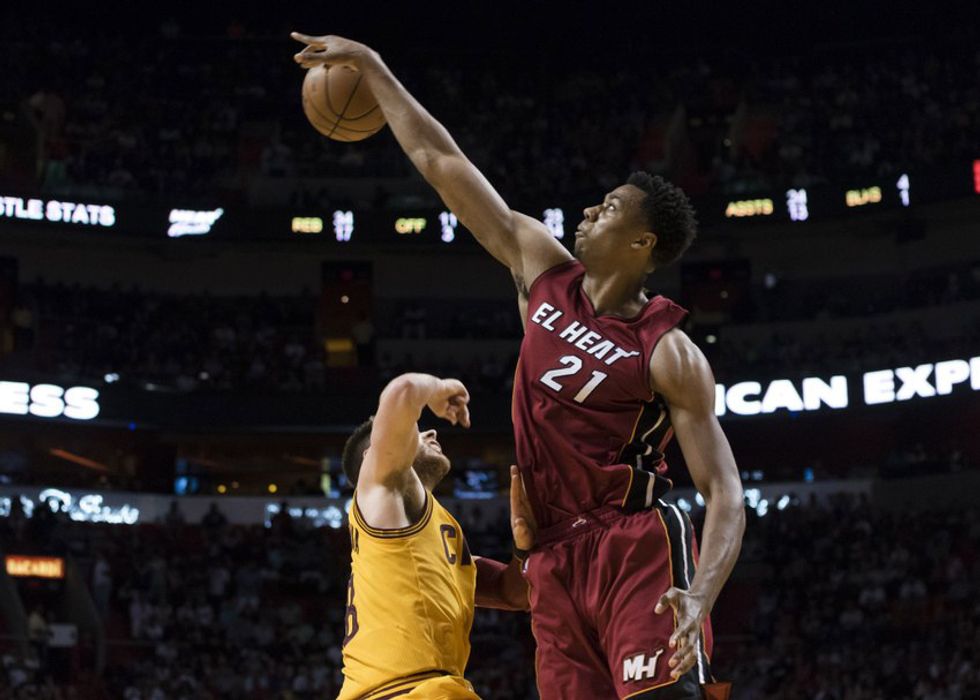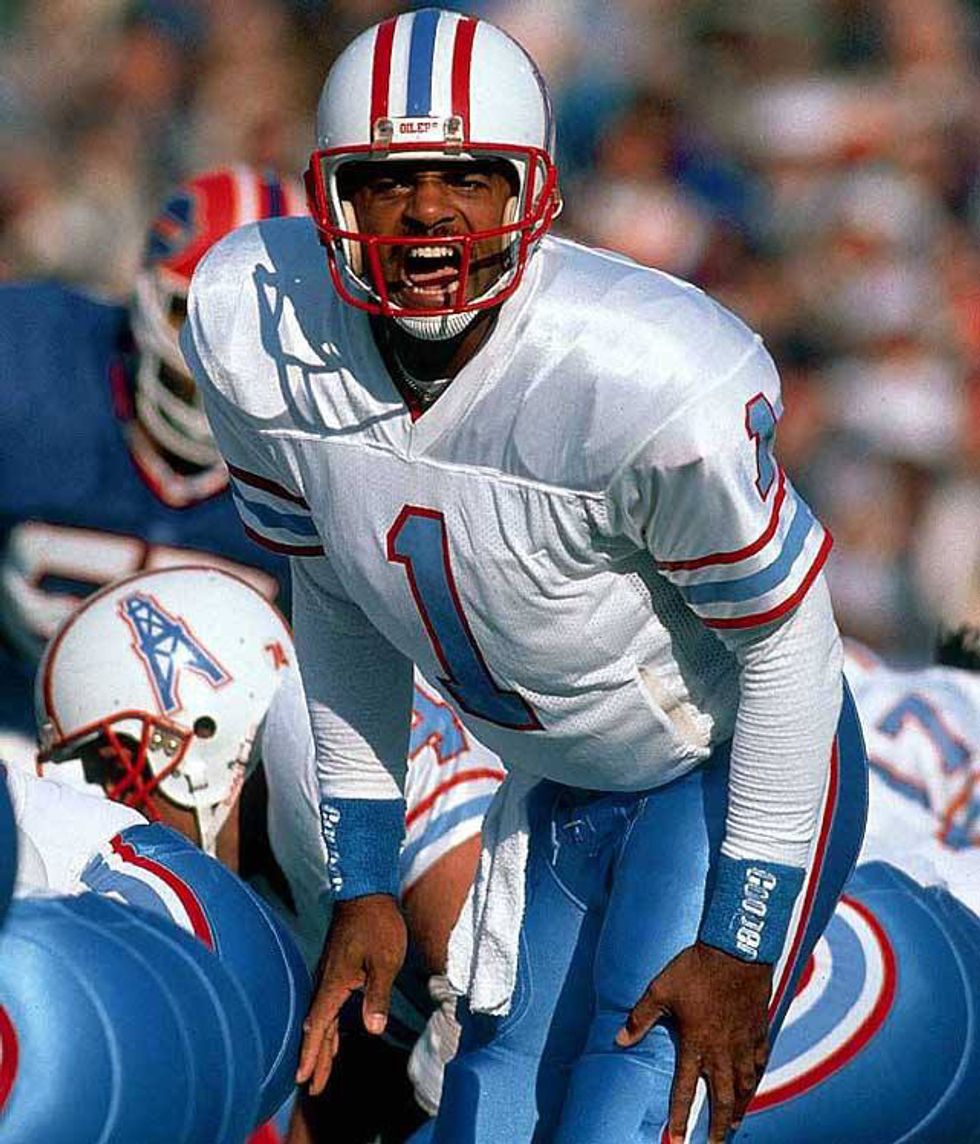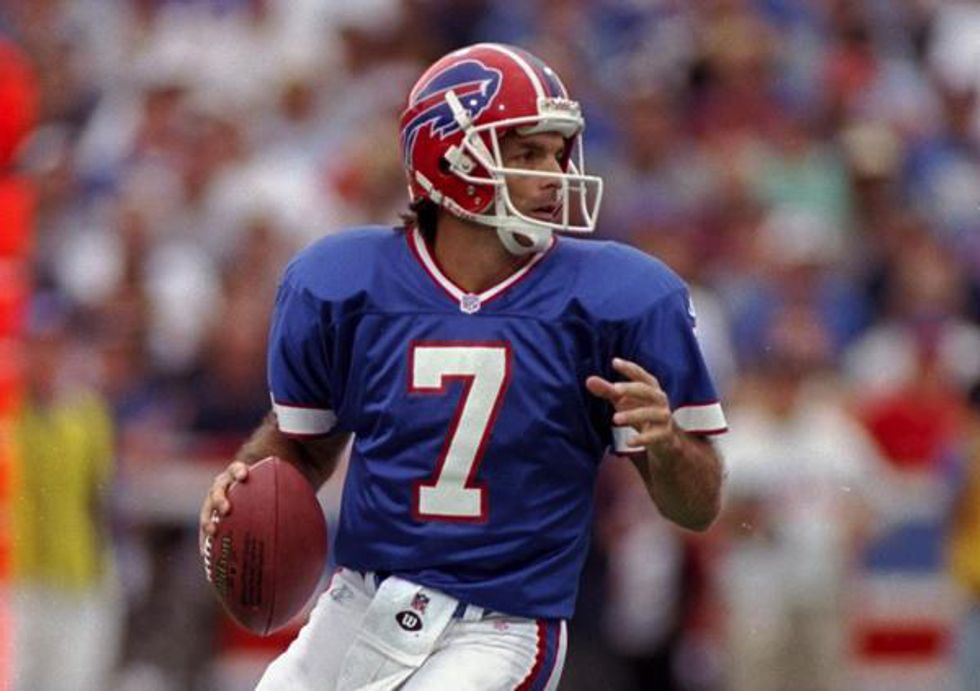The NFL is one of the toughest leagues to make it in. Battles for roster spots, especially among skill positions, are incredibly intense and competitive. Moreover, there are not many reps to go around for back-ups or young up-and-comers who need a little more polish. Changing philosophies and schemes have even further separated the college and professional level. With the “spread” offense taking over college football, wide receivers who do not possess polished route trees and offensive lineman who are not prepared for the fierce level of NFL line competition have become very common. Because of the limited reps available in training camp and for the 15-man scout team, the need for an alternative or developmental league to help these very talented but very raw football players has never been more apparent.
Looking at other sports like basketball, baseball and hockey, it is easy to see the rewards that come from giving these players a competitive environment in which to gain valuable game experience and coaching at a professional level. Late bloomers like Hassan Whiteside have found the D-League to be a good way to get their foot in the door to catch the eye of an NBA team that could use their services. After catching on with the Miami Heat, Whiteside led the league in blocks in his first full NBA season with 269. Deandre Jordan, who came in second, had a whole 92 blocks less. Nearly every MLB prospect goes directly from the draft to a minor league affiliate to help them adjust to the speed of the game and polish up their fundamentals to help them to reach their full potential. The yield is a more genuine and wholesome product that these leagues can then in turn sell. More superstars mean more fans, more jerseys sold, and more team revenue. Even if a player does not make an NBA roster, they can take their talents overseas to make good money while playing in very competitive leagues such as those in Spain, Brazil and China. Highly touted prospect spurned his freshman season with a very talented SMU team to go overseas and play in China against professional talent. On a per 36-minute basis, he averaged 15 points, six assists, and four rebounds. Perhaps he was better prepared than some other one-year college players who did not receive high-level coaching and play against professional talent, plus he made a decent amount of money in the process. Terrance Ferguson is another highly touted prospect for this upcoming recruiting class who decided to follow in Mudiay’s footsteps to help propel him to the league as a more NBA-ready and financially-secure player.
The NFL has used the Canadian Football League as a sort of sister-league that can help to foster some of the potential NFL-talent. There was also an NFL Euro league until about 2007 but because it was hemorrhaging money it was disbanded. However, these opportunities to gain meaningful game time, experience, and coaching allowed some players to flourish. Players like Jake Delhomme, Kurt Warner, Brad Johnson, Joe Theismann, Warren Moon and Doug Flutie. These players were afforded an opportunity to make mistakes, learn, and develop through meaningful reps and eventually disprove all of the perceived problematic elements of their game (such as Doug Flutie’s small stature). Many of them went on to become NFL all-time legends and this was because they had an opportunity to develop in a league outside of the NFL. Cowboys' executive vice president, Steven Jones, recently said of a developmental league "It is a concept that could check all of those boxes we often talk about -- diversity, officiating, developing coaches, player development, experimenting with rules and technology. It's something we have to start to seriously look at within the competition committee and then discuss with the NFLPA”. Jones makes a good point; Not only do developmental leagues help players to attain their full potential, but they also afford opportunities to train officials and experiment with possible rule changes or technological advances.
With a new television and broadcasting deal up for renewal just around the corner (much like the NBA just negotiated) the NFL may see a large boost in cash flow similar to the NBA cap boom. In this instance it has been proposed that three or four teams could share a developmental team and choose what players they want to send to the team roster to compete and develop, but also under the condition the teams could call players up to play for the team when necessary. In this scenario, there would be a sort of academy in which there would be eight or nine teams consisting of the players NFL teams wished to develop that would receive professional training, coaching, and game experience in the spring offseason. This spring schedule gives the NFL an opportunity to groom new coaches and executives by giving them more control over these minor league teams, so they may eventually fill voids in positions left by departing coaches or executives. So now not only are players and officials benefiting from extra reps and game experience, but so too are future NFL coaches and executives. A few million from each team after this influx of TV money would be more than enough to jumpstart a developmental league, and the game as a whole could be better for it- a seemingly worthwhile investment for all of the owners and officials in the league.









 Energetic dance performance under the spotlight.
Energetic dance performance under the spotlight. Taylor Swift in a purple coat, captivating the crowd on stage.
Taylor Swift in a purple coat, captivating the crowd on stage. Taylor Swift shines on stage in a sparkling outfit and boots.
Taylor Swift shines on stage in a sparkling outfit and boots. Taylor Swift and Phoebe Bridgers sharing a joyful duet on stage.
Taylor Swift and Phoebe Bridgers sharing a joyful duet on stage.













